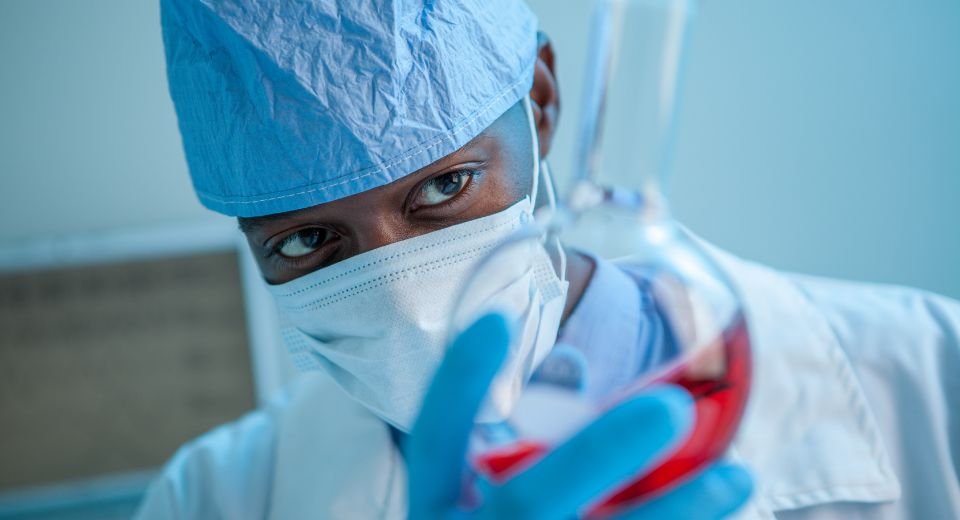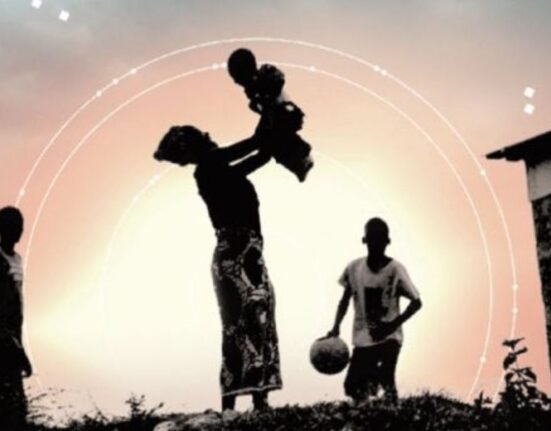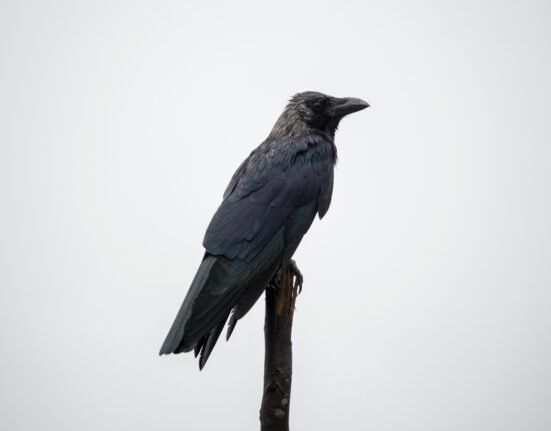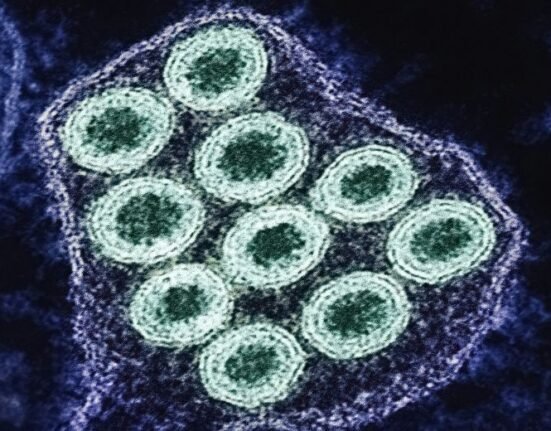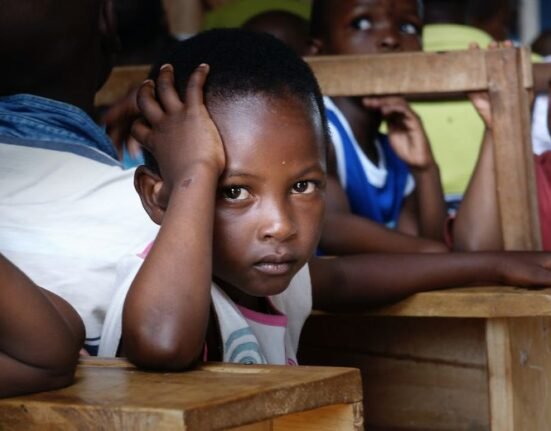HQ Team
November 24, 2022: Biovac, a South Africa-based biotechnology company, has signed a technology transfer agreement with a South Korean institute to make an oral cholera vaccine for global and African markets.
The pact with the International Vaccine Institute (IVI), a non-profit international organisation, will enable the production of raw materials needed to make vaccines, according to a Biovac statement.
“This is one of the remaining steps in the vaccine manufacturing value chain currently missing, not only at Biovac but across the African vaccine manufacturing landscape.”
Researchers estimate that there are 1.3 to 4.0 million cases of cholera yearly and 21,000 to 143,000 deaths worldwide due to the infection. Cholera can cause acute watery diarrhoea with severe dehydration.
Supply and demand
The partnership aims to licence and transfer technology, aiming to increase the vaccine output needed to prevent cholera globally and bridge the gap between supply and demand.
This technology transfer will also establish the capacity for scaling up the Good Manufacturing Process, local manufacture of clinical trial products, and end-to-end production of vaccines in Africa.
“After many decades, this will be a critical step forward for vaccine production on the continent.
“This is in a market (Africa) where less than 1% of vaccines are locally manufactured, and infectious diseases are still the leading cause of death, especially in children under five years.”
African leaders have committed to creating an indigenous vaccine industry to boost the share of vaccines manufactured in Africa from 1% in 2021 to 60% in 2040.
New outbreaks
Cholera outbreaks have recently occurred in Pakistan, Nigeria and Malawi, according to the Biovac statement.
The agreement is supported by $6.9 million from the Wellcome Trust and the Bill & Melinda Gates Foundation for the project’s first phase.
“It will allow Biovac to expand its capabilities from filling and packaging of vaccine vials to end-to-end vaccine product development and drug substance manufacture,” said Biovac CEO Morena Makhoana.
“It became clear that increasing self-sufficiency is important if Africa is to have better control over its public health and vaccine supply chains,” he said.
Starting 2023
The technology transfer process will commence in January 2023, with the first clinical trial batches expected to be produced in 2024 and licensing of the product by the South African National Regulatory Authority to be closed in 2026.
The WHO pre-qualification certification will be the next step. “We will be well placed to supply UN agencies such as WHO and UNICEF/GAVI as many African countries, and other least developed countries source their vaccines through this mechanism.”


